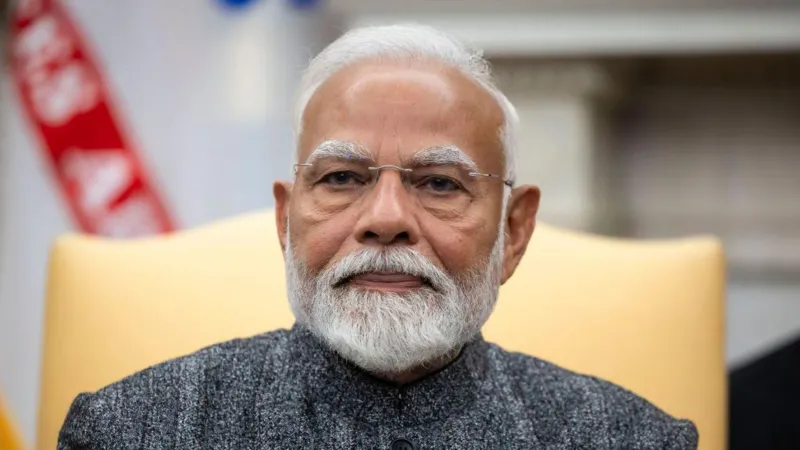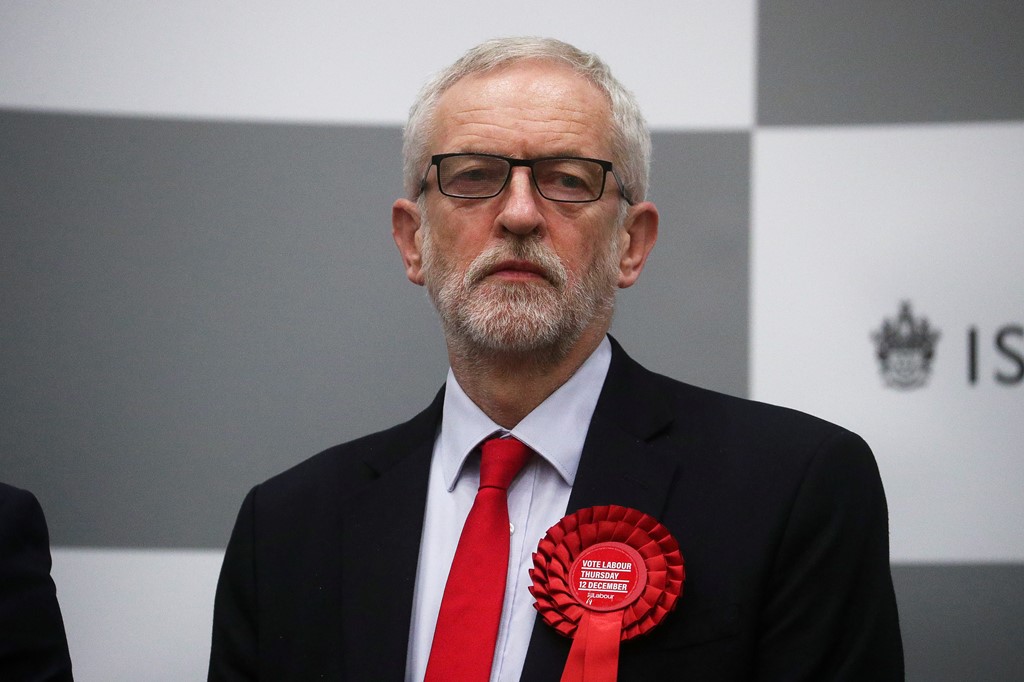The staggering economic impact of the Indian diaspora
As high-earning Indians settle abroad, they're infusing billions into local economies.

Shubhangi Sharma is set to host a Holi party later this month at her family home in an affluent part of Berlin. To celebrate the popular Hindu festival of colours, which falls on 25 March, the 34-year-old will spend around €200 (£171; $218) to cover the costs of the Indian food and sweets she will serve friends; she'll buy the pricey Holi paint online; and wear the traditional clothes she bought as part of an earlier bulk buy during her most recent visit to her hometown, Delhi.
Dr Sharma, a microbiologist, and her tech-worker husband, are able to spend freely on traditional festivals like Holi. Living in a double-income household with one young daughter and another child on the way, the couple buy mainly organic foods in their weekly shop, go on holidays ideally every three months and purchase expensive flights for their annual trips back to India.
"I moved my investments from India to Germany, so now all my savings are here, and I enjoy investing money in different stock profiles and different exchange-traded funds (ETFs)," says Sharma "We are in the process of buying a house that should go through by the end of the year. It will take away a big chunk of our savings, but it's also a commitment for our future. Overall, the move to Germany has given me economic freedom and stability."
Dr Sharma is part of a wider group of Indians who have moved to Germany in recent years, a figure that's been steadily rising following more accommodating visa regulations for highly skilled workers. Many well-educated and English-speaking Indians are acquiring jobs primarily in science, technology, engineering and maths – often high-paying fields. With full-time employees earning a median monthly wage of €4,974 (£4,253; $5,416), Indians now rank as the top immigrant earners in Europe's largest economy.
Indians in Germany are emblematic of a wider story linked to the largest diaspora group in history: according to the UN, around 18 million Indians now live overseas, in places including North America, Europe, the Middle East and other parts of Asia, such as Malaysia and Singapore. Economists say that amid this growth, the economic power of Indians has spread beyond their native borders, leaving a major global economic mark.
"Both in terms of the global economy and their own purchasing power, the impact is substantial," says V N Balasubramanyam, an economics professor at Lancaster University, UK.
The growing Indian diaspora is spending, saving and investing in a number of ways, both within India and across the world. According to the Reserve Bank of India, the bank accounts of non-resident Indians (NRIs) held in the country received $7.99bn (£6.27bn) between April 2022 and March 2023 – more than twice the $3.23bn (£2.54) in the prior fiscal year.
They are young people in the 30s who still have decades of work life ahead, are super ambitious and aspirational and big corporations want to hire them – Amrita Datta
"Migrants spend on housing and better education for their children, especially those from Kerala in South India who are living in the Gulf, and the IT workers and academics in the UK," says Balasubramanyam. In some cases, says Amrita Datta, a sociology lecturer at Bielefeld University, Indians are also changing economic patterns; in Germany, where they are still a niche diaspora group, many are buying property, which Datta says is a new trend in the country as traditionally, Germans don't buy their houses.
Datta adds many Indians in Germany are also moving into stock market trading, mutual funds and Bitcoin investments. An especially big factor in this mass capital movement is remittance payments back to India, which hit a record of $125bn (£98.2bn) in 2023, up from about $100bn (£78.5bn) the year before. These figures, says Balasubramanyam, are likely less than the actual sum – and only tell a sliver of the economic-impact story.
"It's not just remittances," he says, "It's also the impact that people coming and going from the country bring economically. They come back, establish a firm, train people and then leave again. So the to-and-fro diaspora group has been contributing significantly to industry, including to the Indian IT industry and especially within pharmaceuticals."
In the US, the world's largest economy based on GDP, Indians are emerging as the highest-earning ethnic minority group. Data from Pew Resarch Center in 2021 showed that amid a population of around 4.4 million, Indians born outside the US earn an average of $120,000 (£94,230) per year. South Asians more broadly account for a significant 29% of US Asian buying power – a whopping $381bn (£299bn) of economic influence.
They are using that spending power eagerly. Real estate investments account for a large portion, according to figures from New Delhi-based luxury real estate company DLF Ltd. NRIs purchased 20% of all homes sold by DLF between April and September 2023, up from 15% in the previous financial year. The pattern is global, with extensive demand for real estate also within the UK, Singapore and the Gulf.
Strategic savings and investment choices also play a role in how capital is being retained and grown by this diaspora: something that Sharma identifies with. "The sort of upbringing that many get in India is that once you finish your education and get a job, you have to start thinking about where you put that money into. So, the next obvious step is a savings plan," she says.
Indeed, around 25% of NRIs prefer to choose low-risk investment options in India, while 18% of NRIs based in Canada prioritise retirement planning in their long-term investment strategies within their portfolios in India, followed by 16% in the UK and 12% in Singapore. "They're definitely using their money wisely, also investing as some do as private entrepreneurs in the United States, for example," agrees Balasubramanyam.
Amid a digitalised, globalised and free-market context, analysts say the Indian diaspora economic story will continue to reverberate globally, politics and visa policies permitting.
"The economic power of the Indian diaspora will continue to increase and be substantial, and what will be interesting is how the diaspora invests back home and develops joint ventures, which I also think will be significant," says Balasubramanyam. "It does depend on India's economic policy going forward, but for now, it's fairly liberal and will inspire much more."
"These new migrants are able to move across different countries with open market policies. So, if they're in Germany today, they could be in the US or Canada tomorrow, because all these countries are also offering them comparable citizenship frameworks," adds Dutta. "They are young people in the 30s who still have decades of work life ahead, are super ambitious and aspirational and big corporations want to hire them because what they are contributing and what they're producing has a global consumer market. I think these highly skilled high-earners are going to continue make big contributions economically."
bbc







